Are Cashews Good for Diabetes? 7 Benefits of Cashews for Diabetics
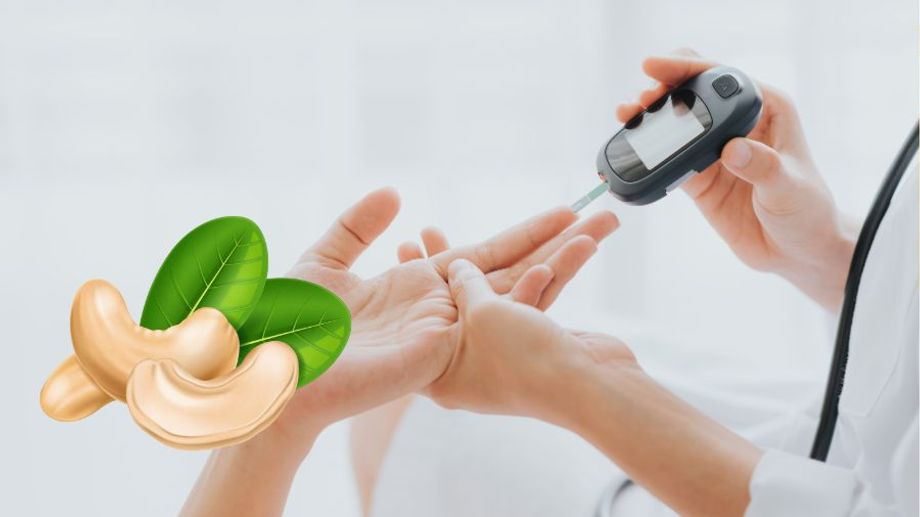
Mục lục
Cashews are a type of nut that contains many nutrients that are good for the body, bringing many health benefits to the body. But can people with diabetes eat cashews? What are the benefits of cashews for people with diabetes? How much cashews should people with diabetes eat to ensure stable blood sugar levels? Are there any notes when eating cashews for diabetics? Let's learn about the benefits of cashews for people with diabetes!

Are cashews good for diabetes?
Yes, people with diabetes can eat cashews because the glycemic index (GI) of cashews is 25 (low). Therefore, when eating the amount of sugar in cashews, it will be absorbed into the blood slowly, not causing a sudden increase in blood sugar. Therefore, it can be said that cashews are a suitable food for diabetics. Here are some health benefits of cashews for people with diabetes:
Unsaturated fat: Cashews contain unsaturated fat, especially oleic acid, which helps improve cardiovascular health and lower LDL cholesterol (bad cholesterol). Unsaturated fat in cashews helps support cell growth and protect organs, including the heart.
Unsaturated fat: Cashews contain unsaturated fat, especially oleic acid, which helps improve cardiovascular health and lower LDL cholesterol (bad cholesterol). Unsaturated fat in cashews helps support cell growth and protect organs, including the heart.
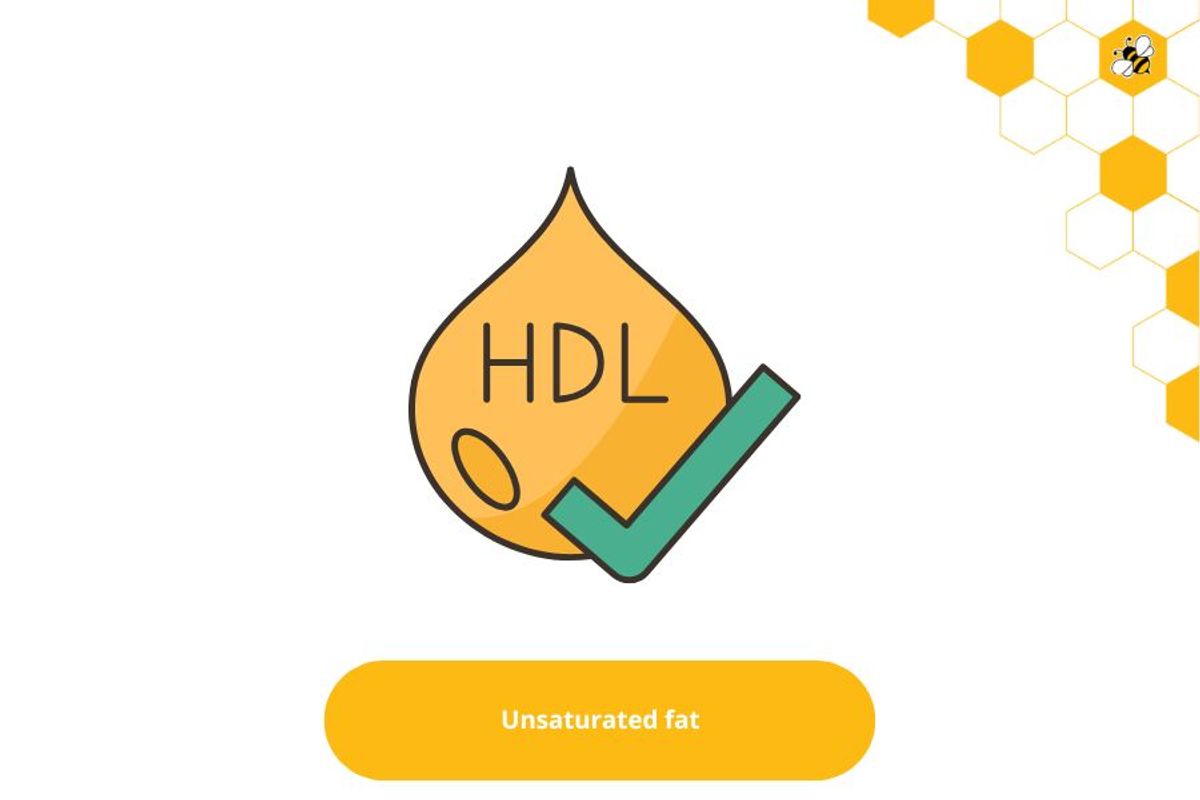
Fiber and protein: Cashews provide valuable fiber and protein. Fiber helps maintain a healthy digestive system, while protein is the “raw material” for cell growth and regeneration in the body.
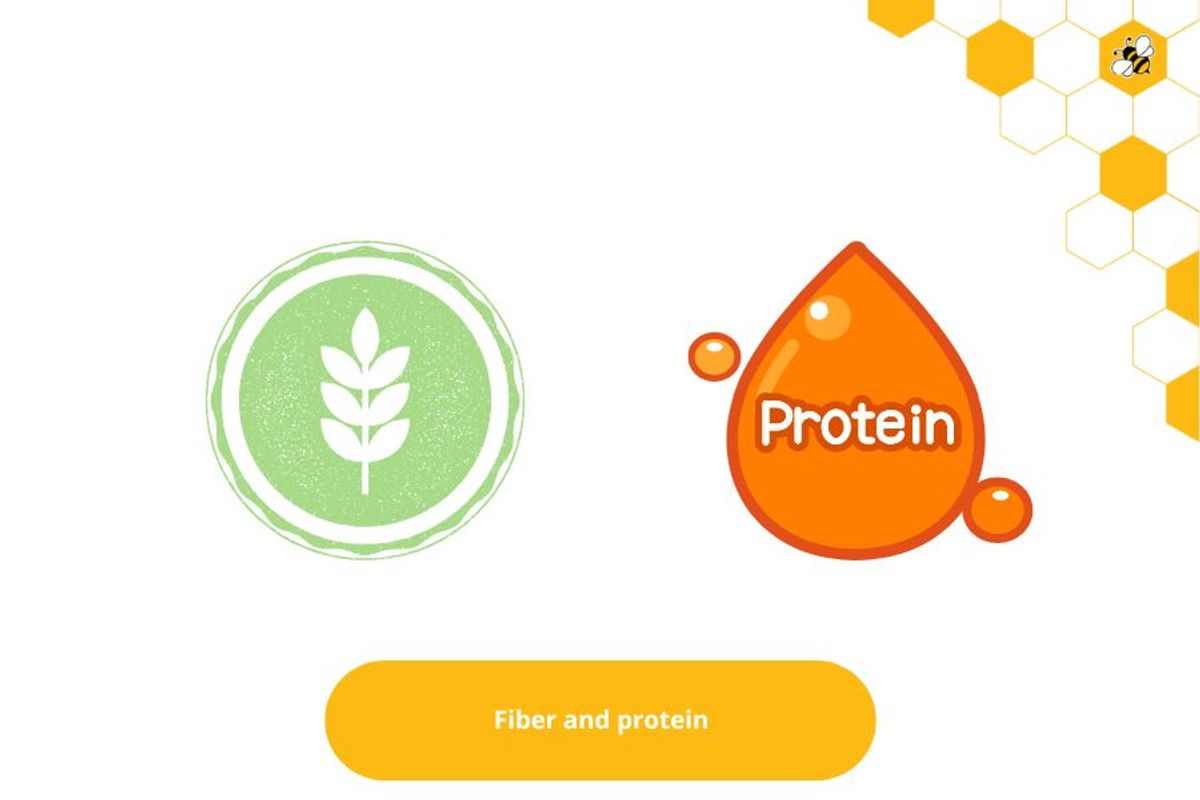
Vitamins and minerals: Cashews provide vitamins E, K, B6, calcium, potassium, magnesium and copper, which help maintain body functions.
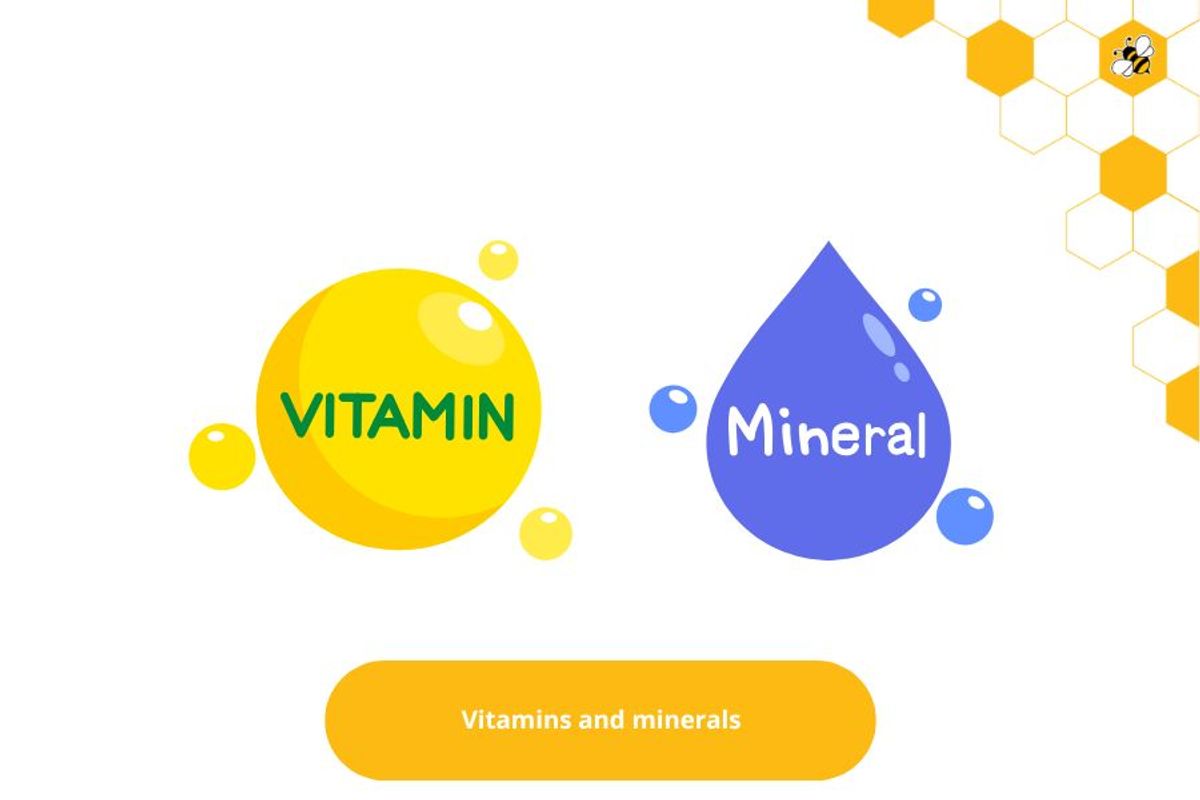
7 Benefits of Cashews for Diabetics
Cashews have many benefits for people with diabetes, especially type 2 diabetes. Here are some of the benefits of cashews for diabetics:
Low glycemic index: Cashews have a low glycemic index, which helps control blood sugar levels. This index usually ranges from 21 to 27.
Low glycemic index: Cashews have a low glycemic index, which helps control blood sugar levels. This index usually ranges from 21 to 27.
Low glycemic load: Cashews have a low glycemic load, which helps control blood sugar. For example, 100 grams of cashews have a glycemic load of 6 to 8, and 1 ounce (about 28 grams) of cashews have a glycemic load of just 2.

Magnesium helps control blood sugar: Cashews are rich in magnesium, an important mineral that helps control blood sugar and supports muscle and nerve function.

Reducing the impact of food on blood sugar: Cashews help control blood sugar when combined with other meals. They help slow down the absorption of sugar from food and reduce the sudden increase in blood sugar after eating.
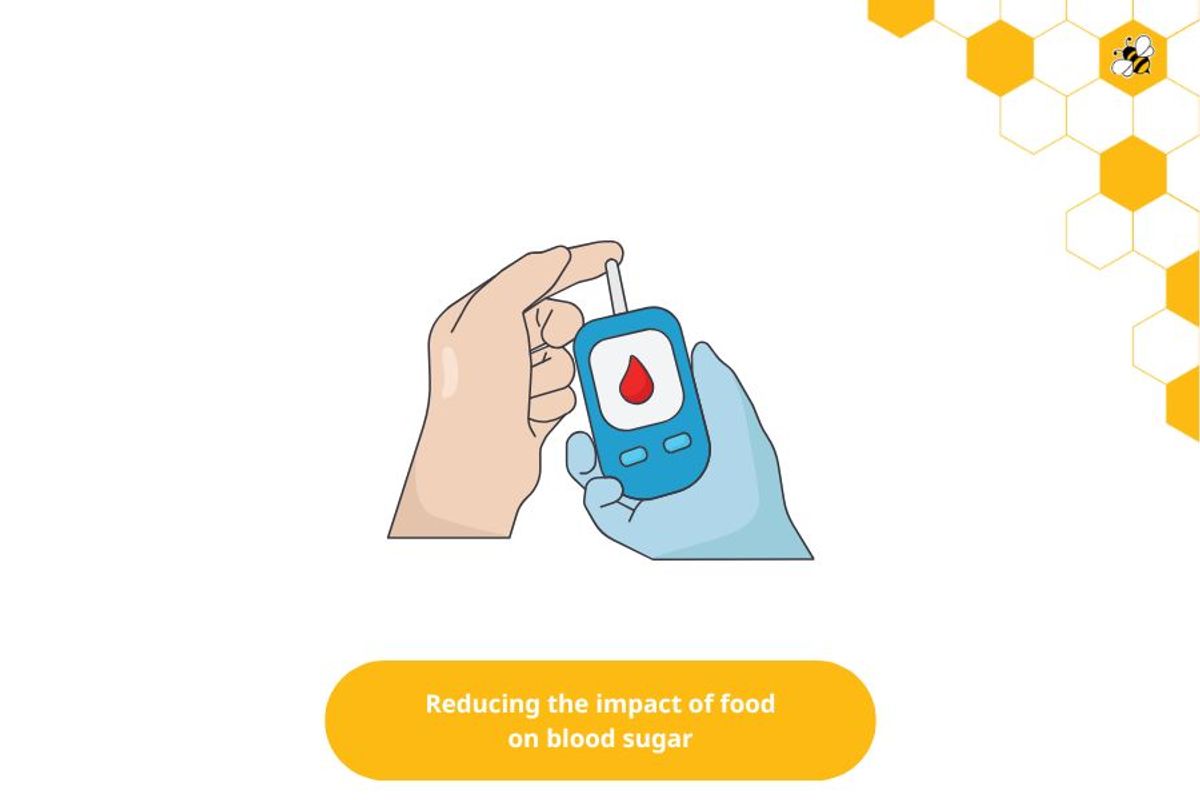
Cashews and blood pressure: Cashews help control blood pressure, especially blood pressure related to diabetes. They can reduce systolic blood pressure and increase diastolic blood pressure.
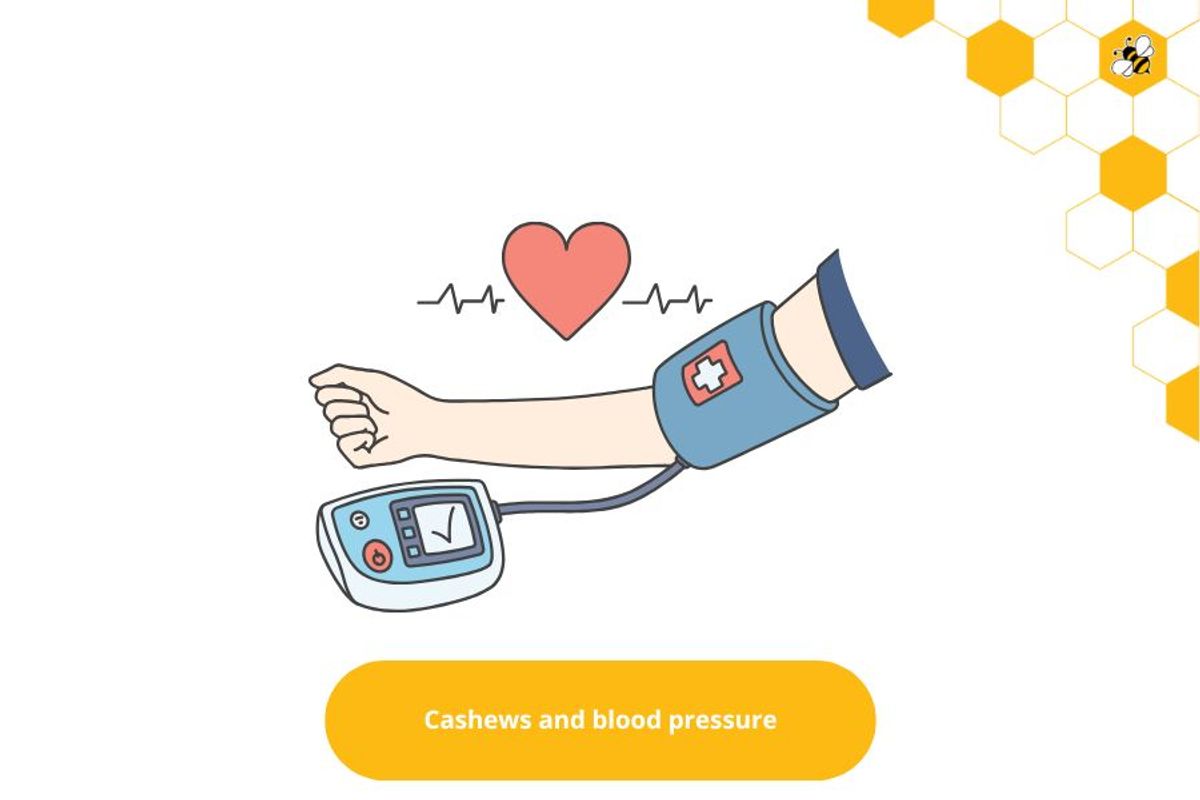
Antioxidants and vitamins: Cashews are rich in antioxidants and vitamins, which help protect cells from damage and support heart health.

Fiber and unsaturated fats: Cashews provide fiber and unsaturated fats, which help control satiety, stabilize blood sugar, and support brain health.
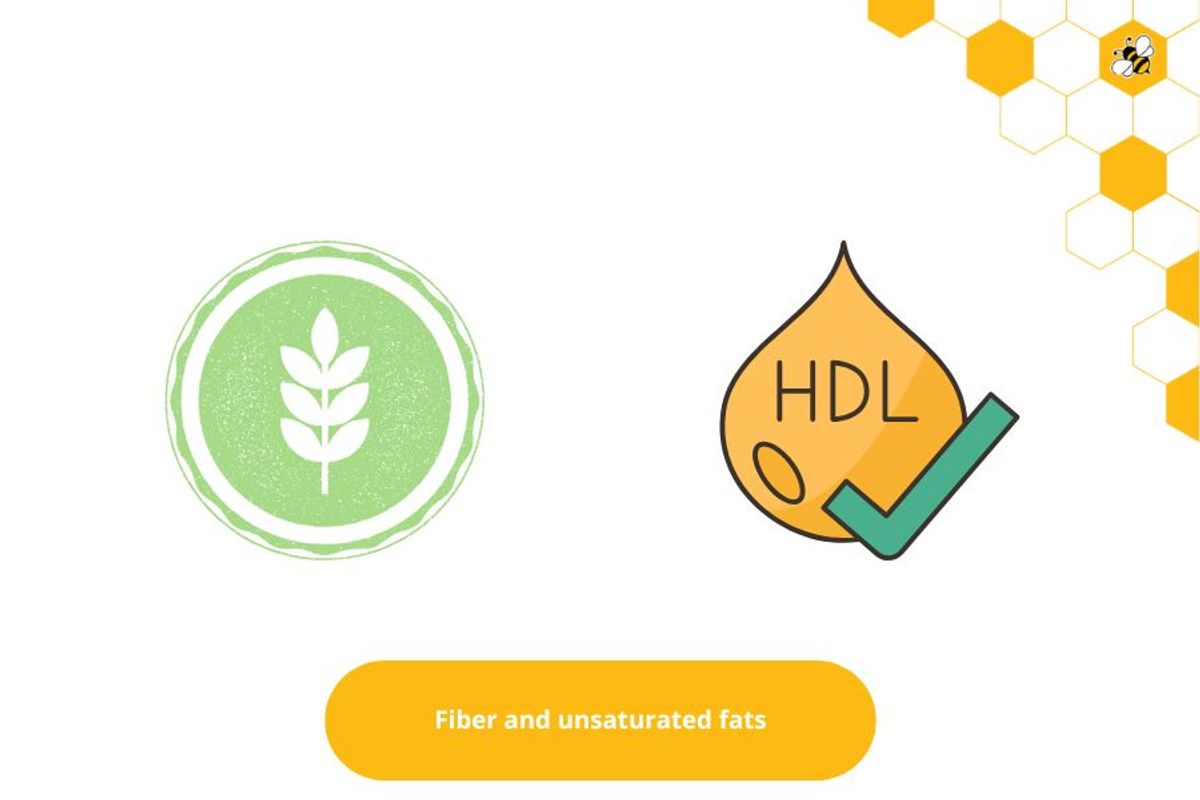
Remember, controlling blood sugar needs to be combined with a balanced diet and a healthy lifestyle. Cashews can be an important part of your diet.
How much cashews should diabetics eat?
Diabetics need to carefully control their sugar intake to maintain stable blood sugar. Here are some guidelines for eating cashews for diabetics:
How much cashews should be eaten each day: Health experts recommend only eating cashews in moderation, up to 16-18 cashews (about 30g) per day, divided into several times a day.
Benefits of cashews for diabetics:
Fiber: Cashews are rich in fiber, especially soluble fiber. This fiber helps slow down the absorption of glucose (sugar), avoiding increased blood sugar after meals.
Nutrition: Cashews provide many nutrients such as vitamin E, magnesium, and unsaturated fatty acids, which help support cardiovascular health and control blood sugar.
How much cashews should be eaten each day: Health experts recommend only eating cashews in moderation, up to 16-18 cashews (about 30g) per day, divided into several times a day.
Benefits of cashews for diabetics:
Fiber: Cashews are rich in fiber, especially soluble fiber. This fiber helps slow down the absorption of glucose (sugar), avoiding increased blood sugar after meals.
Nutrition: Cashews provide many nutrients such as vitamin E, magnesium, and unsaturated fatty acids, which help support cardiovascular health and control blood sugar.

Remember to maintain a reasonable amount of cashews and combine it with a balanced diet to support your health!
Important notes when eating cashews for diabetics
Important notes when eating cashews for diabetics:
Control the amount of cashews: Cashews contain a lot of fat and calories, so diabetics should control the amount of cashews in their daily diet. A small amount (about 1 tablespoon) can be a good choice.
Choose natural, unsweetened cashews: Avoid choosing cashews that have been seasoned with sugar or salt. Natural cashews are better for your health.
Combine cashews with other foods: When eating cashews, combine them with other foods to reduce the impact on blood sugar. For example, you can eat cashews with a little fruit or add them to a salad.
Monitor blood sugar: Diabetics should monitor their blood sugar after eating cashews to ensure there is no sudden increase.
Consult with your doctor: Before making any dietary changes, always consult with your doctor or dietitian to ensure they are appropriate for your health condition.
Control the amount of cashews: Cashews contain a lot of fat and calories, so diabetics should control the amount of cashews in their daily diet. A small amount (about 1 tablespoon) can be a good choice.
Choose natural, unsweetened cashews: Avoid choosing cashews that have been seasoned with sugar or salt. Natural cashews are better for your health.
Combine cashews with other foods: When eating cashews, combine them with other foods to reduce the impact on blood sugar. For example, you can eat cashews with a little fruit or add them to a salad.
Monitor blood sugar: Diabetics should monitor their blood sugar after eating cashews to ensure there is no sudden increase.
Consult with your doctor: Before making any dietary changes, always consult with your doctor or dietitian to ensure they are appropriate for your health condition.

Other seeds that are good for diabetes
Of course! Here are some seeds that are good for people with diabetes:
Chia seeds: Chia seeds are high in fiber, protein, and good fats. They are considered a “superfood” that helps with weight loss and helps control blood sugar.
Chia seeds: Chia seeds are high in fiber, protein, and good fats. They are considered a “superfood” that helps with weight loss and helps control blood sugar.
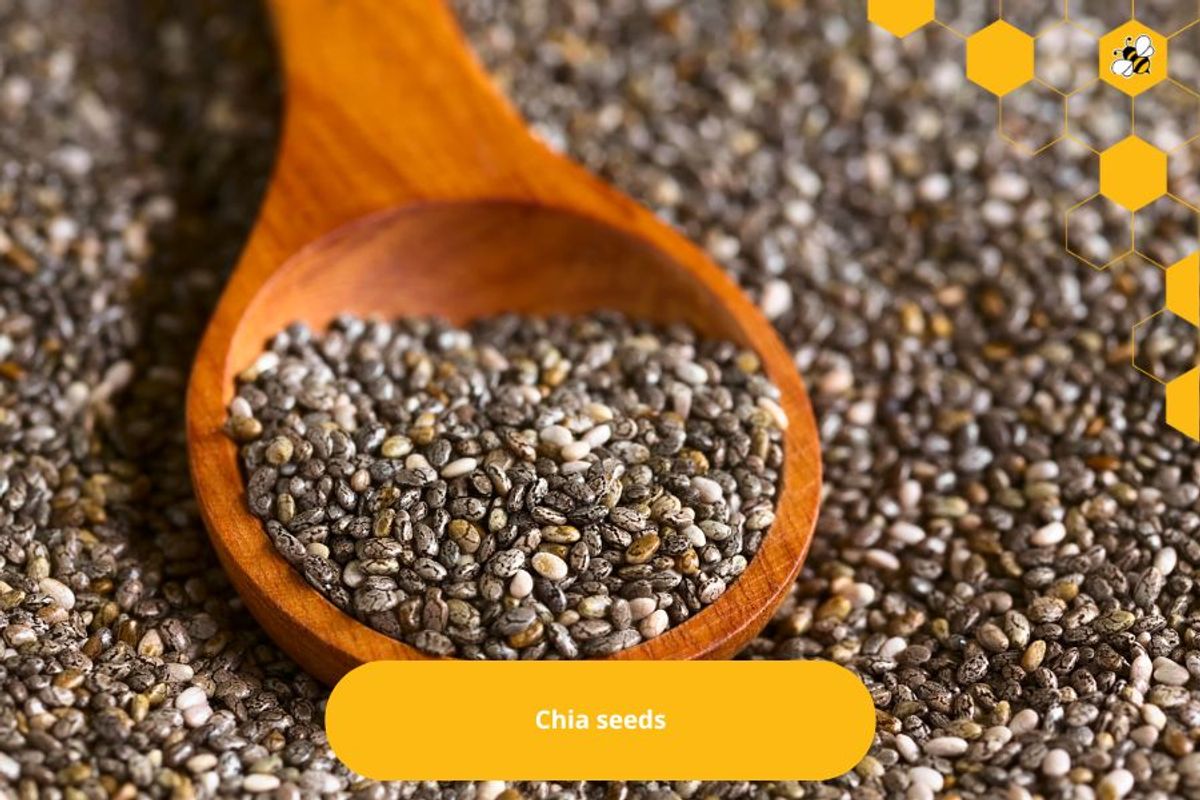
Almonds: Almonds are high in healthy fats. One study found that eating 2 ounces of almonds a day can reduce HbA1c (blood sugar) and LDL (“bad”) cholesterol levels. The American Diabetes Association also lists almonds as one of the best foods for people with diabetes.
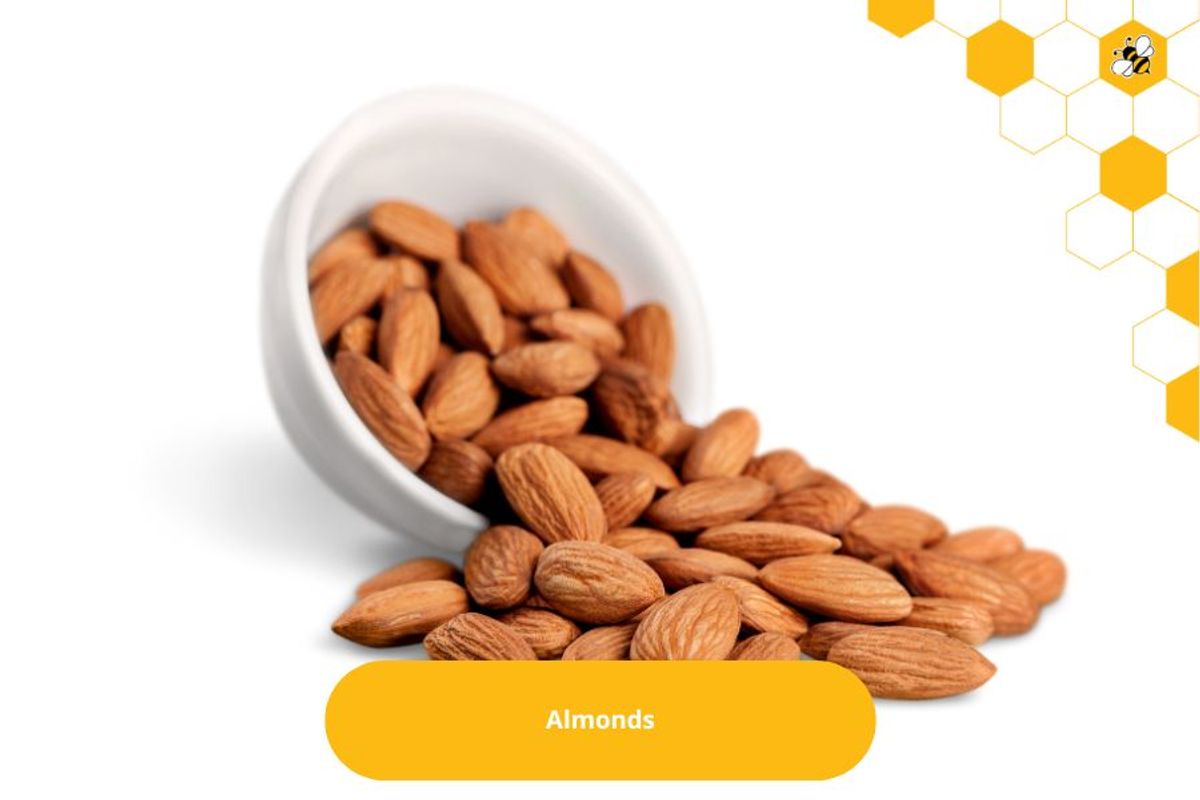
Chestnuts: Chestnuts are also low on the glycemic index and high in fiber. They are an important part of a diabetic diet.
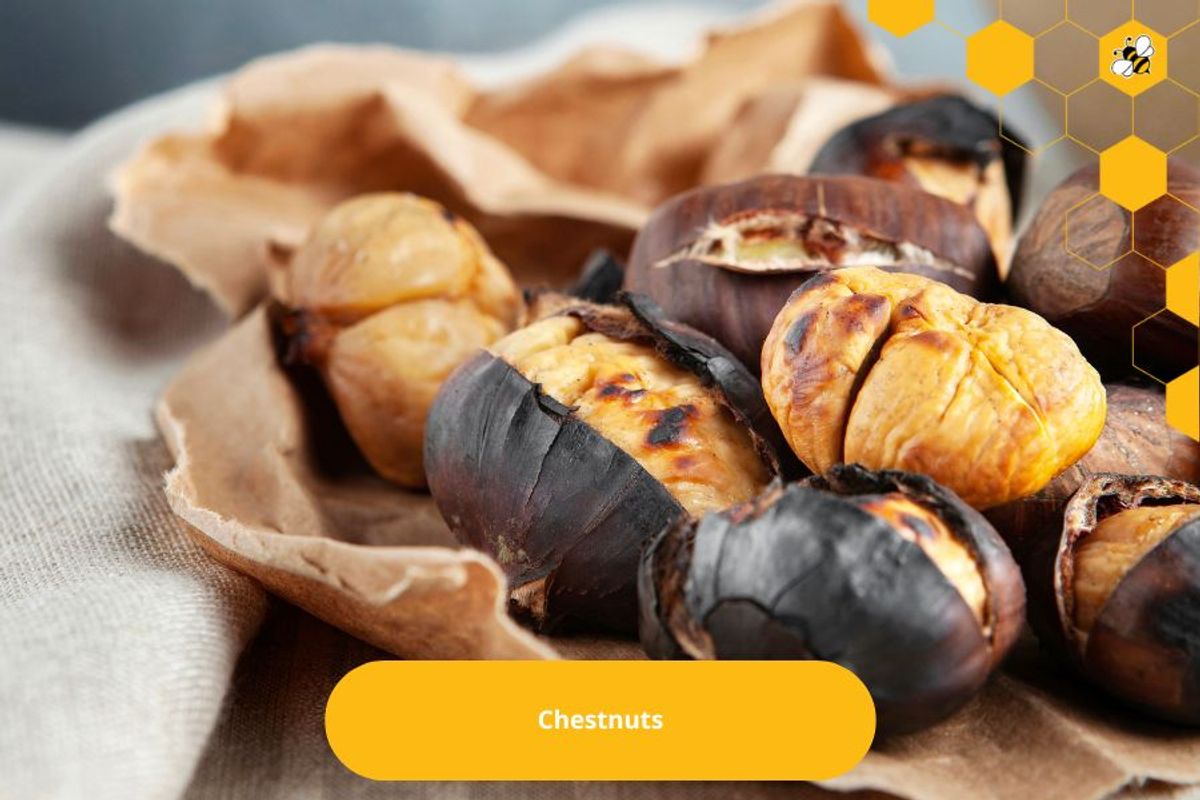
Walnuts: Walnuts are rich in fiber and antioxidants. They also provide the body with plenty of unsaturated fats and other nutrients.
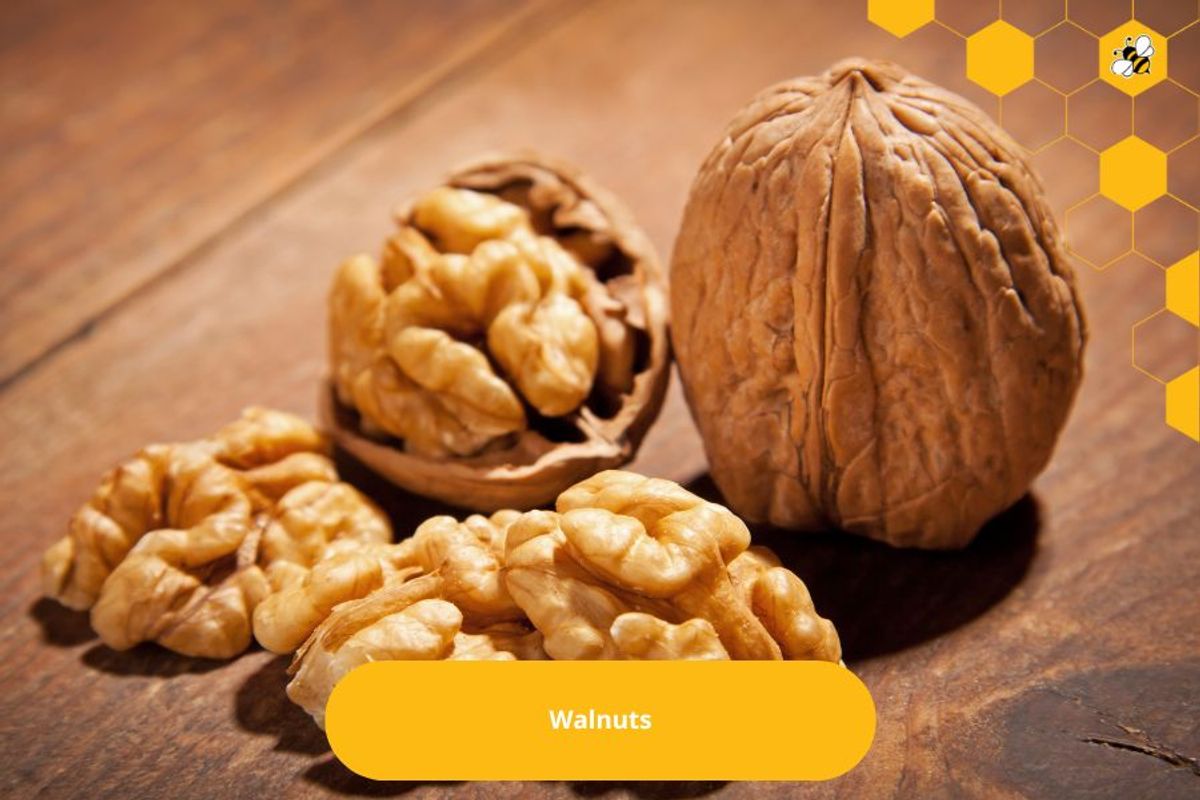
Summary
The above are our shares on the effects of cashews on diabetes. Hopefully, it will help you understand the benefits that cashews bring to the health of people with diabetes. Cashews are not only a delicious snack but also a good source of nutrition for people with diabetes. Enjoy cashews regularly to enjoy the flavor and health benefits that cashews bring!